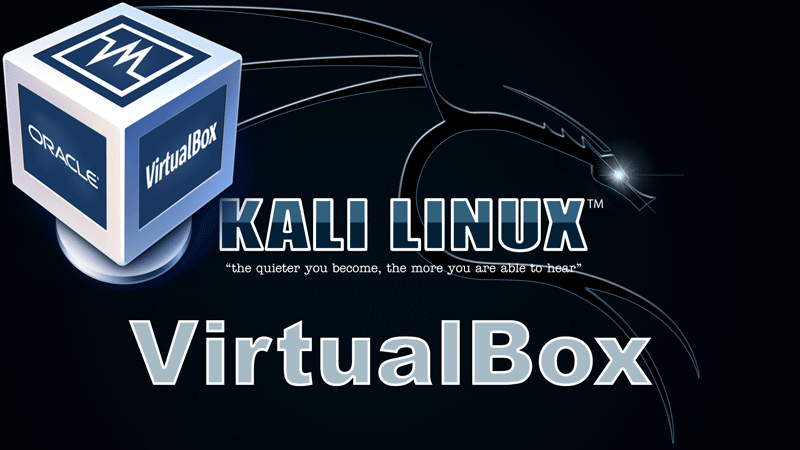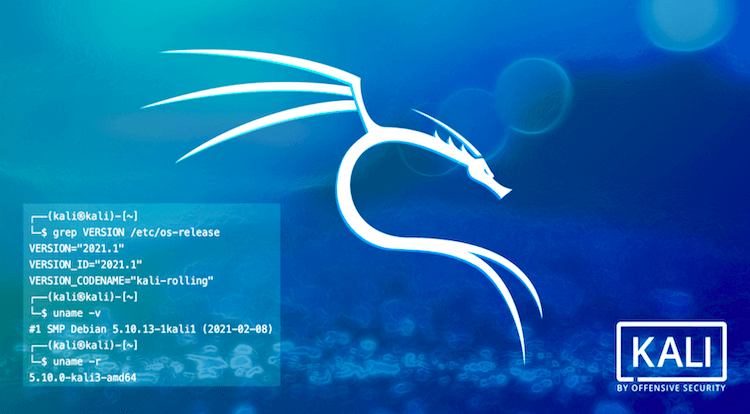

Download Kali Linux ISO File and keep it ready on your host machine.This can also be increased depending upon the number of processes you plan to execute in Kali Linux. Minimum of 8 GB RAM is recommended as we will allot 2GB to Kali Linux.Since we will allot the storage dynamically, which means entire 20GB will not be allocated and this size will be filled based upon usage. Minimum of 30GB free disk space in your host's hard disk as we will allot 20GB to Kali Linux.You can enable this in your BIOS/UEFI based on your Host's Operating System Since you will be running Kali Linux as VirtualBox on a Physical Host, so your Host needs some specific amount of resources to be able to run Kali Linux seamlessly: Use pre-made Kali Linux Virtualbox Images.Install Kali Linux natively on VM - (Bare Metal Image).We will look at two ways of installing Kali Linux on Virtualbox. You can download VDI and VMDK images for VirtualBox & VMware from here.ALSO READ: Different Kali Vulnerability Scanner Tools ĭifferent ways to install Kali Linux on VirtualBox We are providing you virtual images for latest version of Kali Linux 2018.2 for VirtualBox and VMware.

In addition to the above changes, there have been updates to a number of applications including Bloodhound, Reaver, PixieWPS, Burp Suite, Hashcat, and more…” You can read complete release announcement here. Fortunately, as of Metasploit Framework 4.16.34, you can now make use of all these scripts directly as we have included links to all of them in the PATH, each of them pre-pended with msf.

You are likely also aware that all of these helpful scripts are tucked away and a little difficult to make use of. If you spend any significant amount of time writing exploits, you are undoubtedly familiar with the various Metasploit scripts that are available. It also includes much better support for AMD GPUs and support for AMD Secure Encrypted Virtualization, which allows for encrypting virtual machine memory such that even the hypervisor can’t access it. Kali Linux project released the updated version of their operating system ‘Kali Linux 2018.2’ based on Debian distribution, this release features an updated kernel and security features: “This Kali release is the first to include the Linux 4.15 kernel, which includes the x86 and 圆4 fixes for the much-hyped Spectre and Meltdown vulnerabilities.


 0 kommentar(er)
0 kommentar(er)
